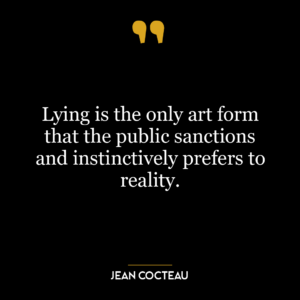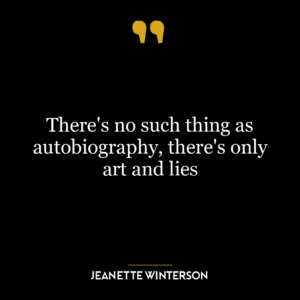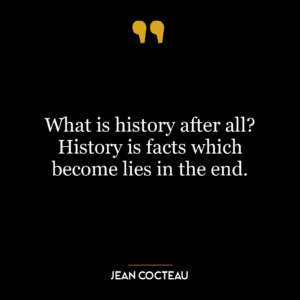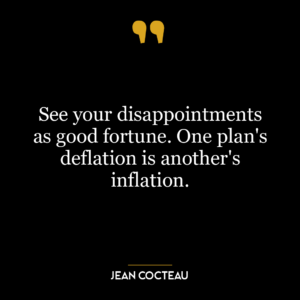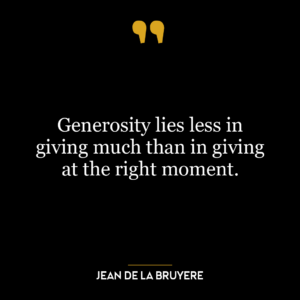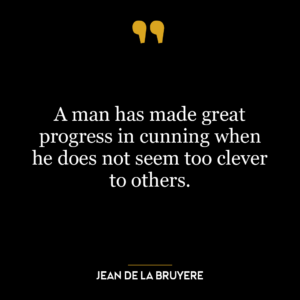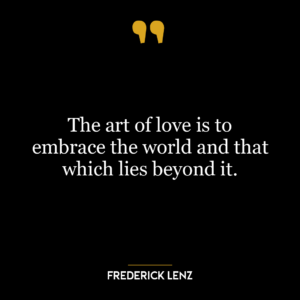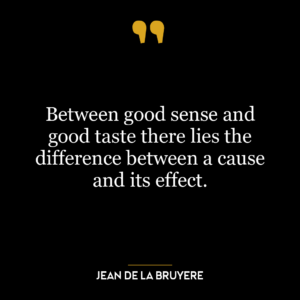This quote emphasizes the importance of honesty over convenience. It suggests that it is more constructive to disappoint someone with the truth than to pacify them with a lie. The disappointment that comes from the truth is often temporary and can lead to growth, understanding, and improved relationships. On the other hand, a lie, while it may provide temporary comfort or avoid conflict, can lead to long-term damage when the truth is eventually revealed. It erodes trust, which is a fundamental element in any relationship, be it personal or professional.
The quote also suggests that honesty is a form of respect. By choosing to tell the truth, even when it’s difficult, we show respect for others’ intelligence and emotional resilience. Lies, on the other hand, can be seen as a form of manipulation or deceit, implying that the other person can’t handle the truth or isn’t deserving of it.
This idea can be applied in many areas of our lives today. In personal development, it encourages us to be authentic and transparent with ourselves and others. It reminds us that growth often comes from facing difficult truths and that honesty is a cornerstone of integrity.
In the context of our increasingly digital world, this quote is particularly relevant. With the rise of social media and “fake news”, it’s important to value truth and authenticity. Misinformation can spread rapidly online, causing confusion, conflict, and harm. By prioritizing truth, we can contribute to a more honest, informed, and respectful digital community.
In business and politics, this quote underscores the importance of ethical leadership. Leaders who are honest, even when the truth is uncomfortable or inconvenient, can build more trusting and effective teams or communities. They set a positive example for others and foster a culture of transparency and accountability. Conversely, leaders who lie or mislead may achieve short-term gains, but they risk damaging their reputation, relationships, and organizations in the long run.
In conclusion, this quote serves as a powerful reminder that honesty, despite its potential to disappoint, is ultimately more valuable and constructive than deceit. It encourages us to prioritize truth in our interactions with others and in our approach to life more generally.



